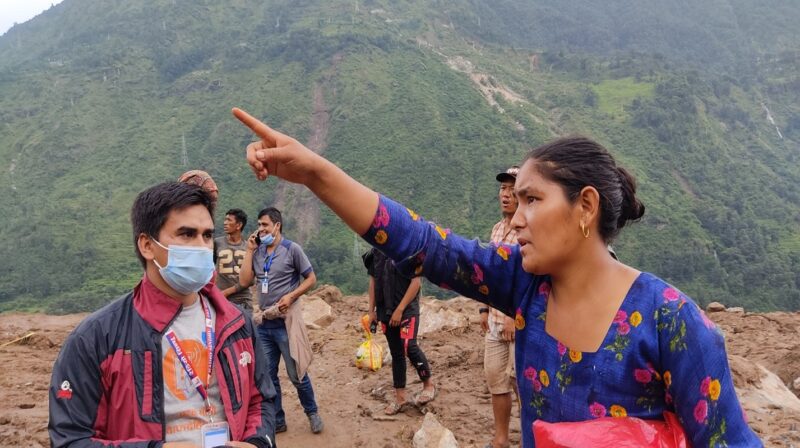Internews has launched a new COVID-19 misinformation report.
Addressing COVID-19 Misinformation: Lessons from the Frontlines in 100 countries reports the organisation’s findings from working closely with local and remote communities across the globe to tackle misinformation regarding healthcare crises.
Over the past year, Internews supported thousands of journalists and organisations that produce COVID-19-related information, in 68 countries in 135 languages. Support included rumour tracking and rumour-countering work and training community activists on listening and addressing misinformation about the pandemic.
The report highlights that to tackle misinformation and mistrust effectively, there must be strategies to support trusted local media worldwide.
Internews’ work in countries like the Democratic Republic of the Congo, Haiti, Ukraine and the Philippines has shown very clearly that combatting misinformation at the local level is vital to tackle worries about what to do to change behavior and accept health advice.
Jodie Ginsberg, Chief Executive (Europe) at Internews, said: “Access to trustworthy information during this international pandemic is not just important – it can ultimately save lives.
“A global plan to roll out vaccines will be ineffective if it’s not accompanied by a robust plan to build sufficient trust in individual communities that the vaccines are safe. A top-down, single message approach—or worse, confused messaging—will erode confidence and that will undermine attempts to get this pandemic under control.
“We need to build on a network of strong local media organisations, who are trusted by their community, as well as ensuring these organisations are able to provide well-researched information that takes into consideration people’s hopes and fears. Only then is there a chance that COVID-19 can be controlled.”
As part of its response to the pandemic, Internews established a Rapid Response Fund. The fund provided small grants to news outlets and information providers to help them survive and provide vital health information.
The organisation awarded more than 180 grants. These were used on projects including specialised local-language health bulletins and community-specific websites. Internews provided funding to various media platforms across the globe who have since used their grant to expand their reach, and provide well-researched information to their communities that debunk common myths regarding COVID-19.
For more information and comment contact Lateefah Jean-Baptiste on [email protected]
